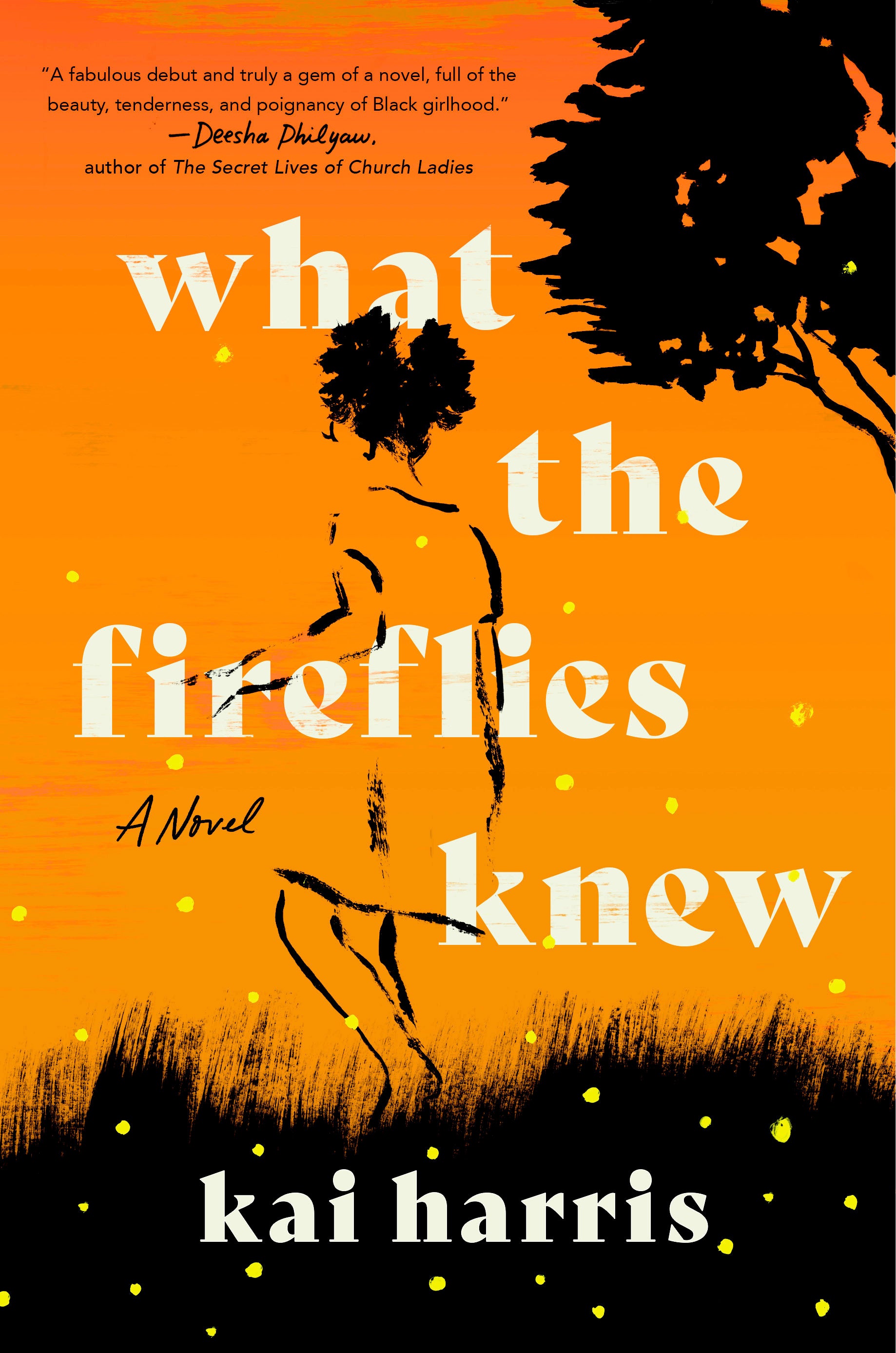Review: Unique narrator propels 'What the Fireflies Knew'
Readers of “What the Fireflies Knew,” the debut novel from Kai Harris, will meet a unique narrator, writes Associated Press reviewer Rob Merrill

Your support helps us to tell the story
From reproductive rights to climate change to Big Tech, The Independent is on the ground when the story is developing. Whether it's investigating the financials of Elon Musk's pro-Trump PAC or producing our latest documentary, 'The A Word', which shines a light on the American women fighting for reproductive rights, we know how important it is to parse out the facts from the messaging.
At such a critical moment in US history, we need reporters on the ground. Your donation allows us to keep sending journalists to speak to both sides of the story.
The Independent is trusted by Americans across the entire political spectrum. And unlike many other quality news outlets, we choose not to lock Americans out of our reporting and analysis with paywalls. We believe quality journalism should be available to everyone, paid for by those who can afford it.
Your support makes all the difference.“What the Fireflies Knew” by Kai Harris (Tiny Reparations Books)
One of the joys of reviewing books is reading things you otherwise never would. So let me disclose up front that I chose this book because the title sounded cool. I didn’t know what it was about, didn’t know it was a debut novel from a creative writing professor, and certainly didn’t know it was a poignant story told in the voice of a pre-teen Black girl from Detroit
Kenyatta Bernice, KB for short, is the unique narrator, and for readers like me (full disclosure, again: I’m a 50-year-old white male) her voice takes a little getting used to. “I was s’posed to be sleep, but I couldn’t sleep, so I crept down the creaky stairs looking for Daddy... I ain’t scream at first, when I found him there, cold,” begins the story in January 1995. Fast forward five months and KB and her sister, Nia, are relocating to Lansing, Michigan to live with their grandfather for the summer. They don’t know why their grieving “Momma” can’t take care of them anymore and the rest of the novel is basically KB piecing together what happened and then trying to piece her family back together after she learns their flaws and secrets.
“This book was born from a desire to show Black girlhood at it best, at its worst, at its most dull and most exciting,” writes Harris in the acknowledgements, which I think may provide readers some valuable context if read first rather than at the end. There’s no need to sketch the plot any further, just to say that Harris has indeed captured what I think is a believable adolescent girl’s voice. Here is KB watching her “Granddaddy” after Bible study with a friend: “I watch Granddaddy’s face, his hands, his feet. I watch the way he smooths the small pillow on the wicker chair where Charlie sat... When I watch people, I’m looking at more than what they do. I look at how they do it, then try to figure out why.”
It’s all that figuring that makes the book worth reading. It’s not an easy read, by any means — there’s racism, sexual assault, drug use — but it feels authentic, and does what good fiction does: take readers on a journey they otherwise wouldn’t travel.